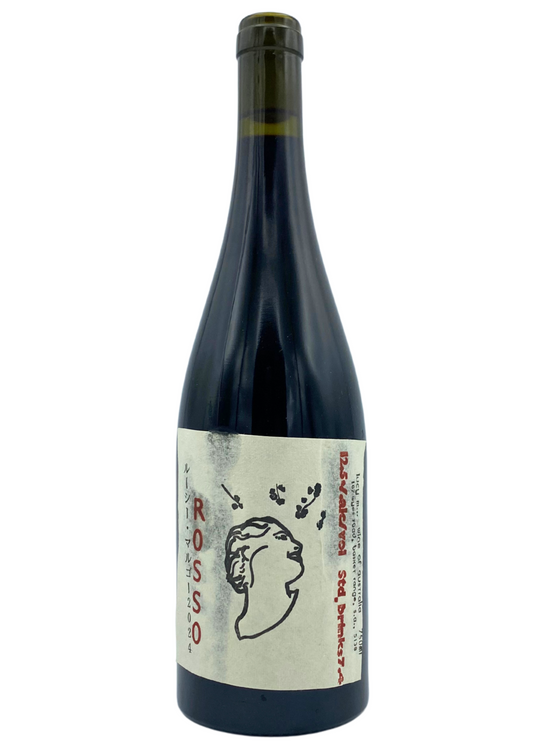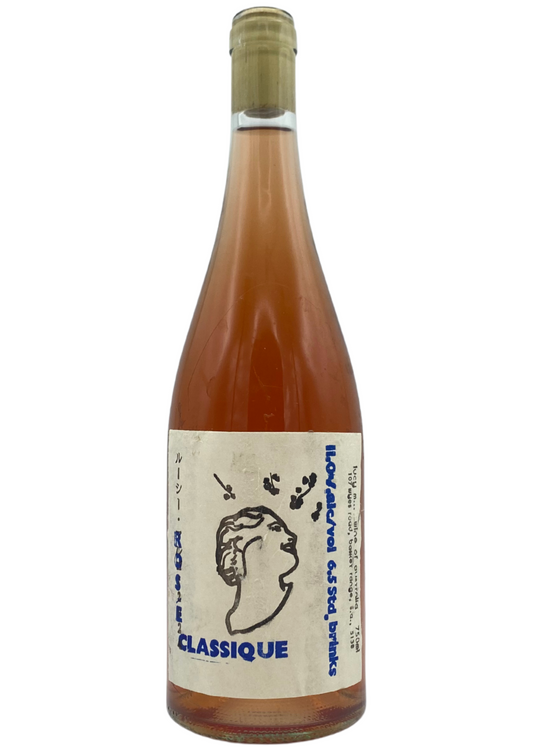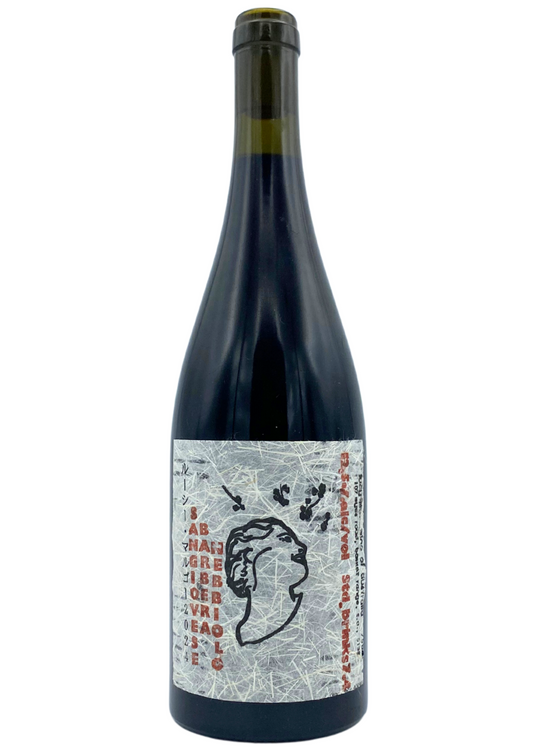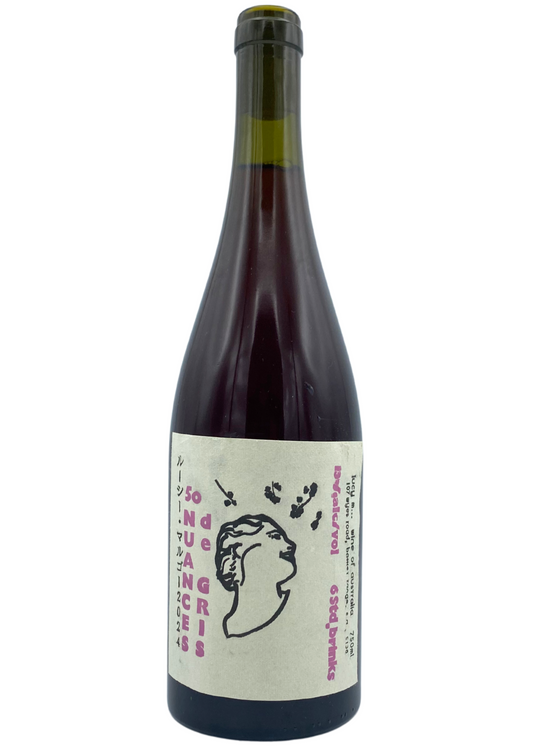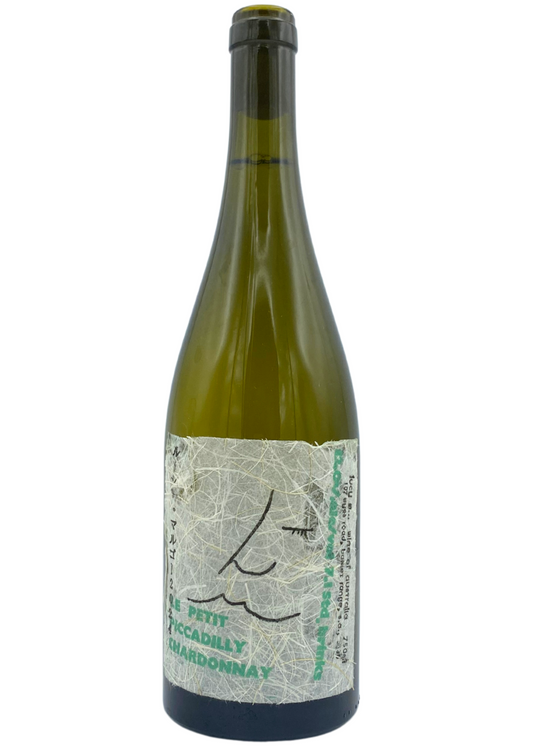LUCY M. WINES
ANTON VAN KLOPPER
Basket Range, South Australia
“The best analogy I can think of is that I make my wines like brewing tea. A very gentle, slow infusion with as little done to the grapes as possible.” – Anton Van Klopper
Anton Van Klopper initially worked in hospitality management, but after 10 years of being exposed to great wine, he realised that this was his true passion. He graduated from the University of Adelaide with a degree in Agricultural Science, Oenology. He then spent several years travelling the world doing vintages in different countries, during which he understood that all great wines express where they are from and anything that steals from that expression makes for dull wines. In 2002, he purchased a 16-acre cherry orchard and began creating his own “Domaine” in the Adelaide Hills; his aim being to produce wines that express themselves. While his wines change every year, one thing remains constant – no additions, just grapes.
-
Lucy M. Rosso 2024
Regular price HK$260.00Regular priceUnit price / per -
Lucy Margaux Rosé Classique 2024
Regular price HK$260.00Regular priceUnit price / per -
Lucy M. Sangiovese e Barbera e Nebbiolo 2024
Regular price HK$270.00Regular priceUnit price / per -
Lucy Margaux 50 Nuances de Gris 2024
Regular price HK$300.00Regular priceUnit price / per -
Lucy Margaux Petite Piccadilly Chardonnay 2024
Regular price HK$360.00Regular priceUnit price / per
BACKGROUND OF NATURAL WINE IN AUSTRALIA
Australia's natural wine scene is a blend of innovation and tradition, and in recent years there has been a surge in adopting organic and biodynamic principles in winemaking. Renowned regions such as the Adelaide Hills, Victoria's Yarra Valley, and Margaret River in Western Australia stand out as hotspots for natural wine production. Grapes like Shiraz, Chardonnay, and Pinot Noir take on a distinctive character in the hands of these forward-thinking winemakers, contributing to Australia's reputation as a hub for dynamic and sustainable viticulture.
Organic, Biodynamic and Natural wine. What’s the difference?
To understand this concept and its various ramifications, it is necessary to keep something clear in mind: before the 20th century and the spreading of affordable synthetic fertilisers, all farming was organic. When the shift to the use of synthetics and pesticides happened, it became necessary to diversify traditional organic farming from the new modern farming.
ORGANIC WINE
Simply put, organic farming forbids the use of synthetic fertilisers, synthetic pesticides, herbicides, or genetically modified organisms. The basic requirements are generally specific and engage the farmers not to use any chemical fertilisers and other synthetic products in the vineyard. It does not prevent the vintner from using the conventional winemaking process after harvesting.
BIODYNAMIC WINE
Let’s take organic farming one step further: Biodynamic. The creator of this agricultural system is the Austrian philosopher Rudolf Steiner, who developed the principles of biodynamics in a series of lectures given in 1924 in Germany. Here lies the foundation of true organic wines, with a strict limit in the use of additives, stringent requirements and at the end obtaining a biodynamic certification.
NATURAL WINE
The previous definitions are usually, and rightfully, associated with it, because most natural wine is also organic and/or biodynamic. But not vice versa!
Natural wine is wine in its purest form, simply described as nothing added, nothing taken away, just grapes fermented. No manipulation whatsoever, minimal intervention both in the vineyards and in the winery. Healthy grapes, natural yeast and natural fermentation, with no filtration nor fining. Sounds easy, right? However, making natural wine is unforgiving and it requires a bigger amount of work than conventional wine. To this day, natural wine has no certification yet.






